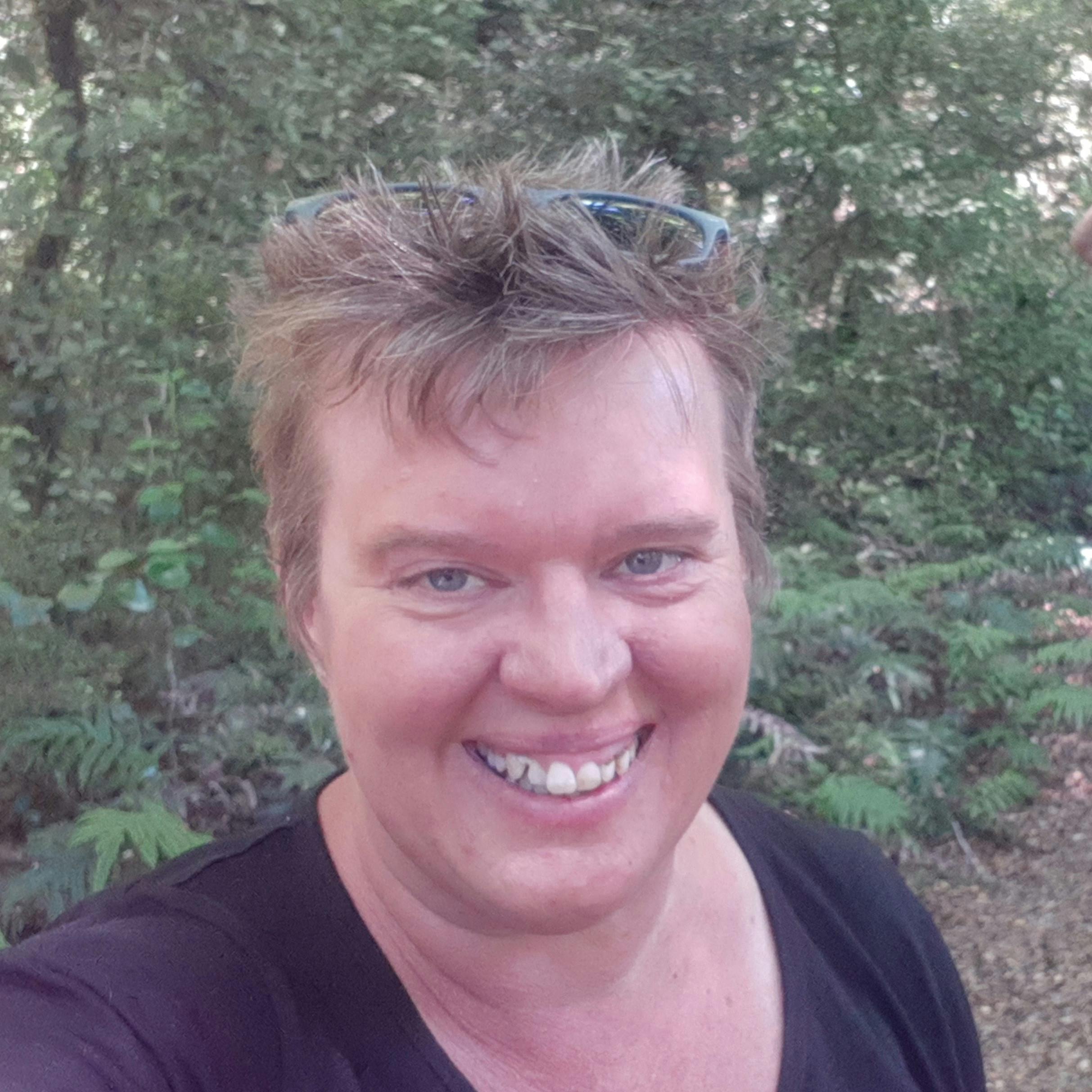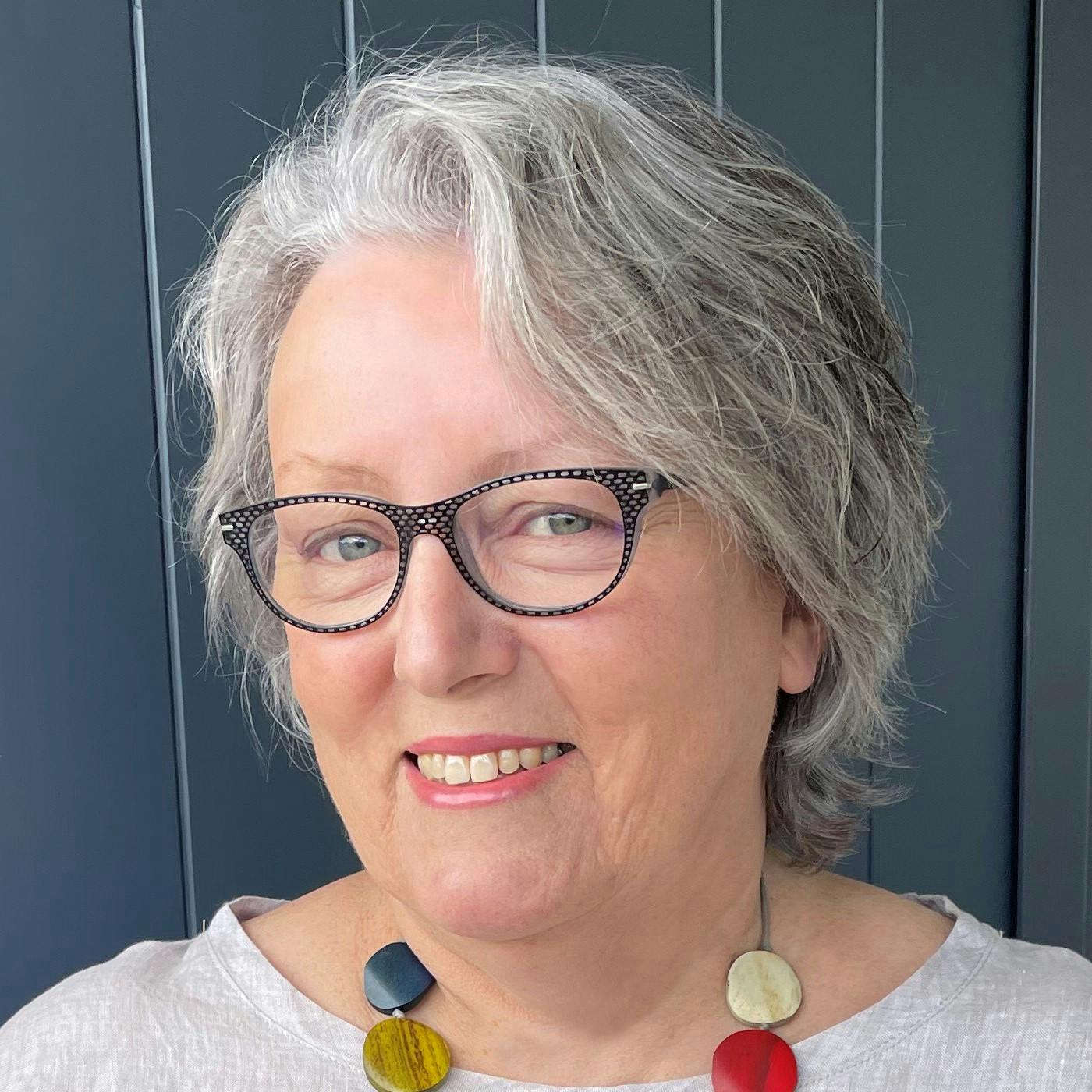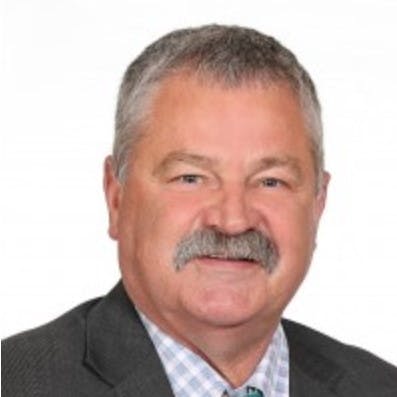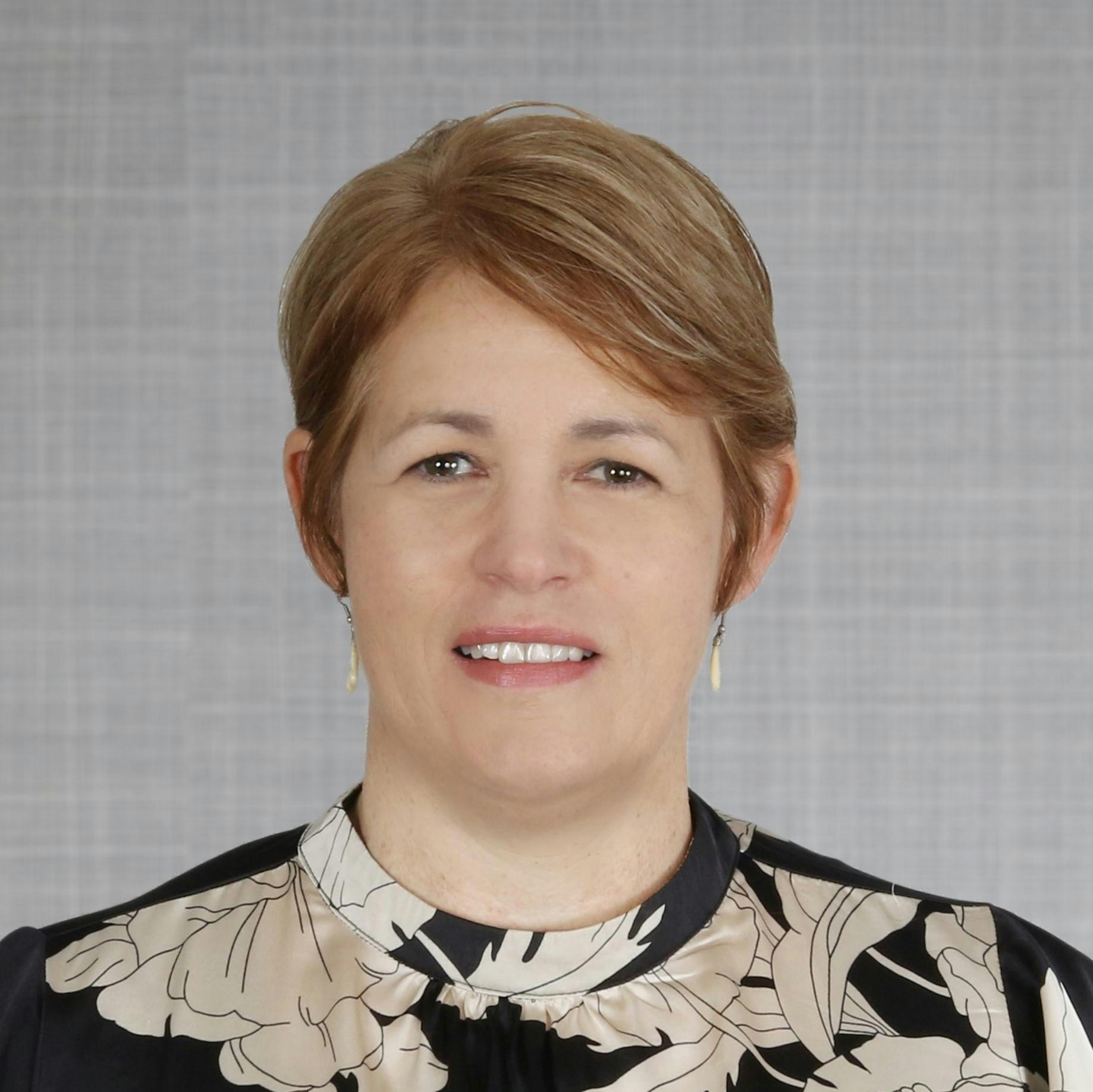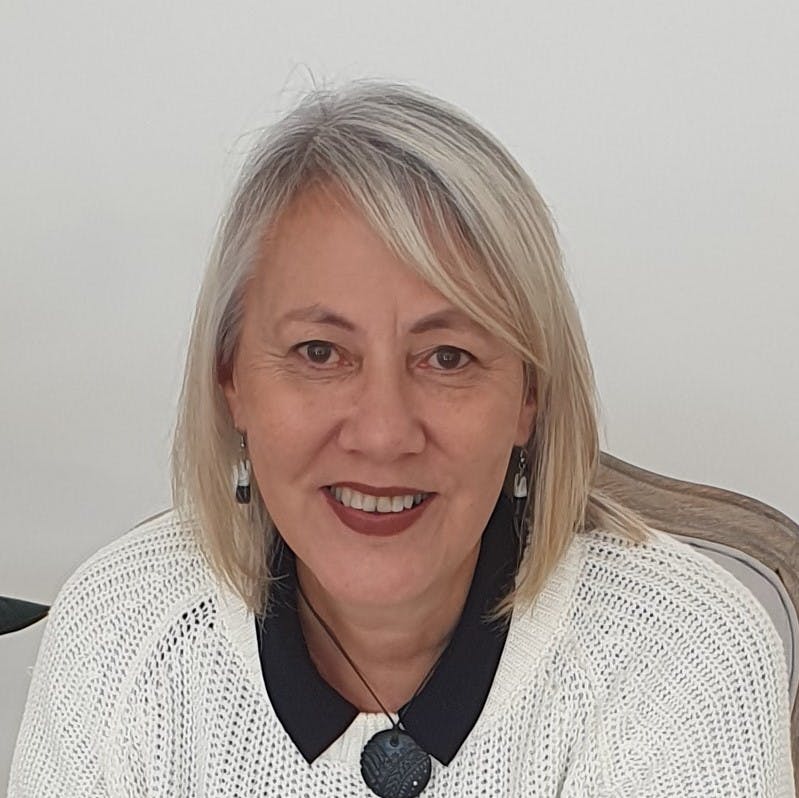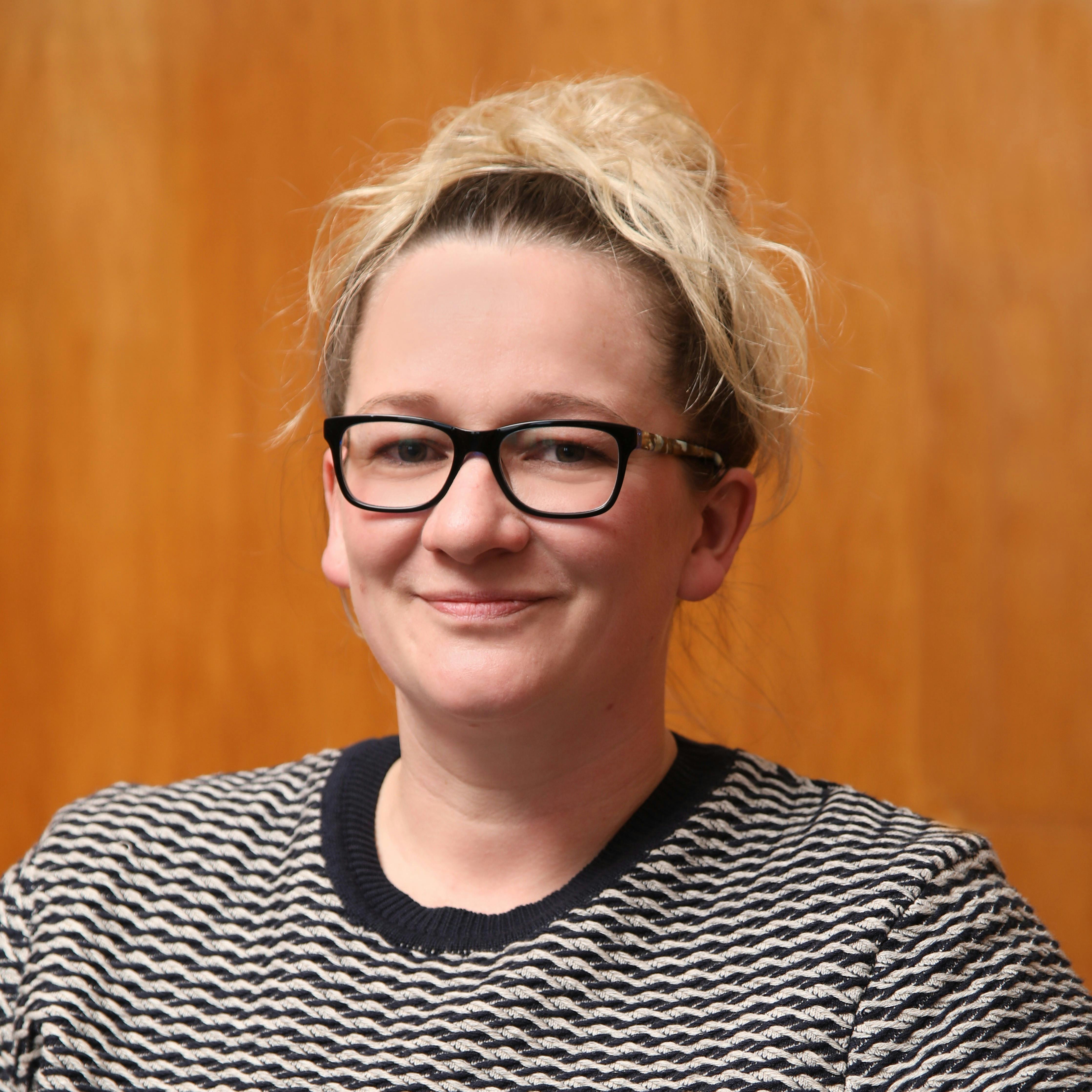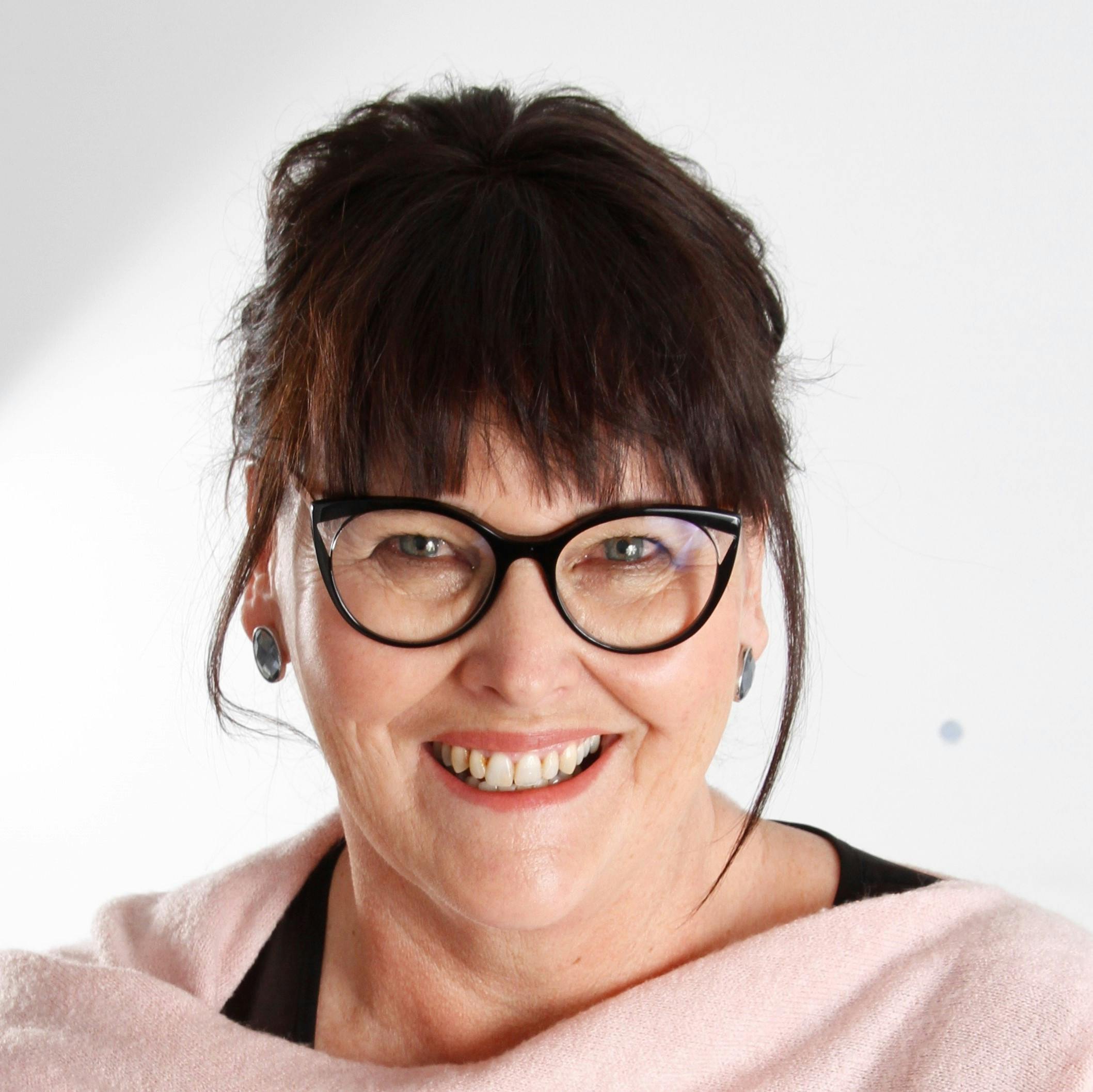Just Transitions - what is it?
Following the July 2020 closure announcement of the New Zealand Aluminium Smelter (NZAS), the Government committed to supporting the Southland region through a just transition process. In response, the Ministry of Business, Innovation and Employment (MBIE) has supported a year-long engagement and planning process with Southlanders.
Regardless of the fate of NZAS, a key focus of the just transition is planning for and managing the social, economic, and environmental impacts of economic change. A transition should support communities to include a range of perspectives in planning, seizing opportunities, and mitigating harms. This process is an opportunity for Southland to lead New Zealand in building the industries, jobs and skills needed to create a more productive, sustainable, and inclusive economy.
The just transition process in Southland has worked to define the challenges and opportunities facing the region, assess existing planning documents, and develop an understanding of the region’s competitive advantages. This process was guided by an interim Project Oversight Group, consisting of MBIE officials, the Regional Public Sector Commissioner, Murihiku Regeneration Collective representatives, and Southland local government representatives.
As part of this work, the interim project oversight group agreed to the project goal of:
"Helping Southland build its economic, environmental, and social resilience through and beyond the planned closure of the New Zealand Aluminium Smelter in December 2024"
Delivering on this goal needs a focused and doable plan. The just transition engagement and planning process resulted in a work plan broken into three key themes:
- New industries and employment
- Transitioning business and skills
- Long-term planning and capability
An Enduring Oversight Group (EOG) monitors the delivery of the Just Transitions work plan, made up of central government, local government, iwi, unions, business representatives, and the education, community, and primary sectors.
Background
This is a time of extraordinary change for the Invercargill and Southland communities. Covid-19 has accelerated existing trends and created new challenges. Key industries, including Tiwai, are being disrupted and long-standing employment and social connections are at risk.
Invercargill and Southland communities which are used to a slower pace of change are now coming under pressure from a range of different directions.
Southland is a diverse region with many unique communities. It is experiencing a range of challenges from social exclusion of young people, particularly in South Invercargill to dwindling communities in some areas of Southland District as a result of ageing populations and economic change.
Southland has a long history of collaboration and innovative responses to community challenges – the success of SIT is just one example of this which assisted in turning around the fortunes of the city at a previous time of decline.
The Just Transitions community workshops, held in 2021, revealed that people felt greater support for vulnerable people and new ways to connect, share and grow were some of the most important things people would need during the transition.
There is an opportunity now for a new collaborative approach to building strong communities that will untilmately work towards greater community well-being for Southlanders.
Our Community - here's our numbers......
Just over 100,000 people live in Southland.
54% of the population live in Invercargill, 34% in Southland District and the remainder in Gore District.
The community is diverse and both the Māori and Asian populations are growing. Within Invercargill City, 17% of people are Māori and 3% are Asian. Outside the city, almost 10% are Maori and 4% are Asian. (NZ Stats, Census 2018)
Our population is ageing - The median age of people in Southland is around 40. 16 – 17% of people are over 65 and this is forecast to increase. (NZ Stats, Census 2018)
26% of people in Invercargill and 24% in the wider district have no qualifications. This compares to 17% nationwide. 10% have a Bachelor’s Degree compared to 14% at a national level.
South Invercargill has one of highest rates of exclusion for young people nationally – 30% compared to the national average of 23%. ( https://www.odt.co.nz/regions/southland/youth-programme-has-national-launch)
85% of the South Invercargill population live in high deprivation areas, compared to 37.4% of the total Invercargill population. (MSD quoted in the Saving Grace proposal June 2021)
Between 2013 and 2021 the Southland population has increased by 8400. 1185 new homes have been constructed, well short of the 3,333 new homes which were estimated to be needed based on 2.52 occupancy. (Great South, Southland Housing Situation Analysis, 2021)
1000 people work at New Zealand Aluminium Smelter Ltd and an estimated 1600 more rely at least partially on Tiwai for their employment. (NZAS, 2020)

